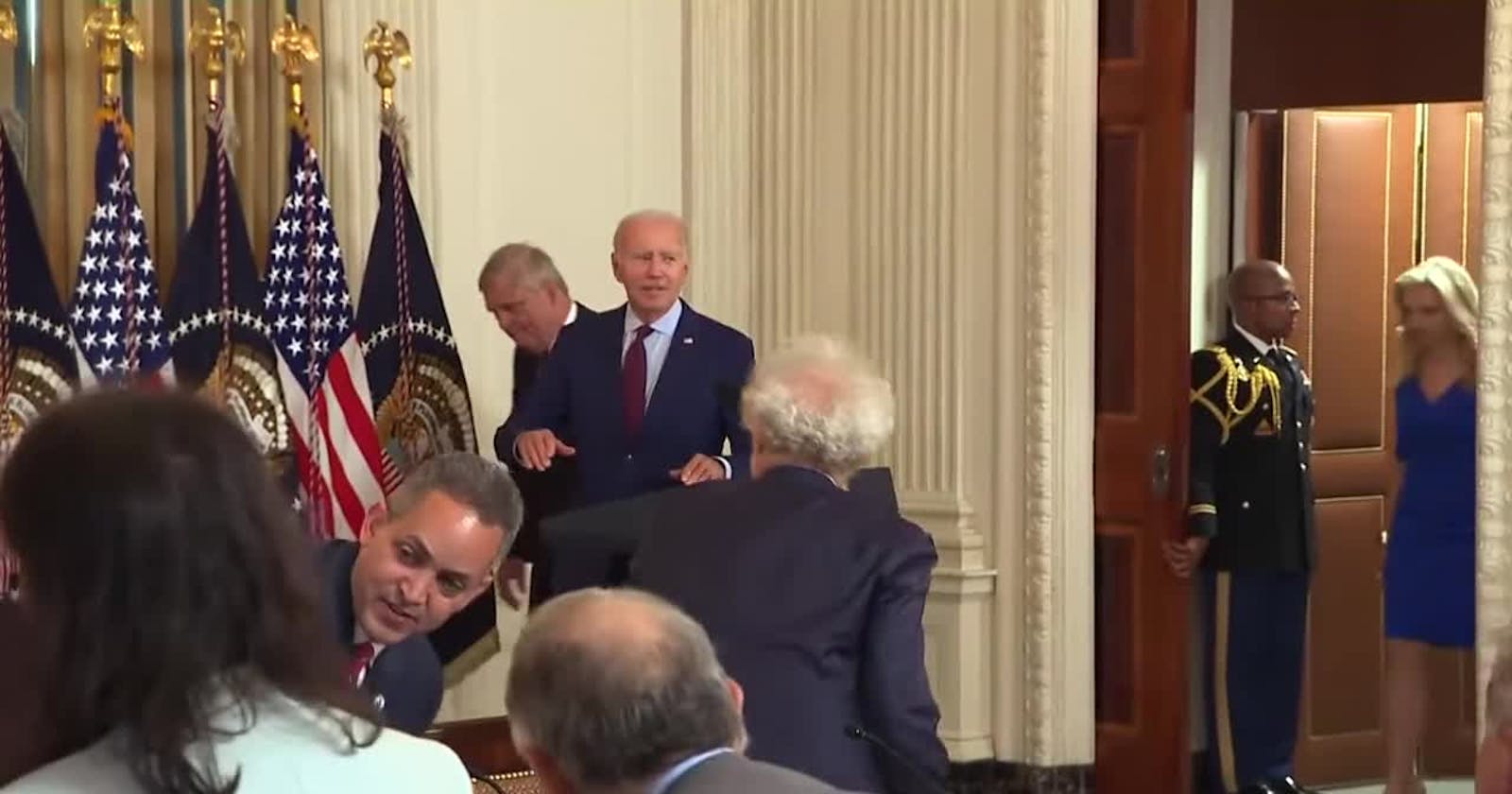Joe Biden seeking to sever the cord between Riyadh
Joe Biden seeking to sever the cord between Riyadh
Representatives of the White House — National Security adviser Jake Sullivan and Mideast coordinator Brett McGurk — have been traveling back and forth between Washington and Jeddah in Saudi Arabia on behalf of US President Joe Biden.
In Saudi Arabia, the reigning Crown Prince Mohammed bin Salman — currently prime minister and de facto leader of the country (his father King Salman reportedly has Alzheimer’s) — hosted Sullivan twice in the kingdom in recent months. Secretary of State Anthony Blinken has also visited.
Potential Saudi-Israel normalization could see Palestinians thrown under the bus With Biden seeking to sever the cord between Riyadh, Beijing, Tehran and secure a win ahead of the US election, he may agree to security deal without concessions
But the reason is not necessarily Washington’s desire for normalization between Saudi Arabia and Israel, or Riyadh’s hopes to save the dream of a two-state solution.
What the US really wants is a complete severance of the growing ties between Saudi Arabia and China, and between the Saudis and the Iranians.
Washington may need to pay a very high price for this: Riyadh is seeking a NATO-like mutual security treaty that would obligate the US to come to its defense if it’s attacked; an explicit agreement for a civilian nuclear program monitored and backed by the US; and the ability to purchase more advanced weaponry from Washington such as the Terminal High Altitude Area Defense (THAAD) antiballistic missile defense system, which could be used to combat Iran’s increasing missile arsenal.
In one of his recent columns for The New York Times, Thomas Friedman, who is known to have close ties to Biden, explained that steps required from Israel in return for normalized ties with the Saudis might include an official promise never to annex the West Bank (as part of the 2020 normalization deal with the United Emirates, Prime Minister Benjamin Netanyahu agreed to hold off on actualizing his annexation pledge until 2024), and a commitment not to establish any more settlements or expand the boundaries of existing ones, to leave the door open for a potential future Palestinian state.
Friedman wrote: “I’d love to see Israel’s far-right finance minister, Bezalel Smotrich, go on Israeli television and explain to the Israeli people why it is in Israel’s interest to annex the West Bank and its 2.9 million Palestinian inhabitants — forever — rather than normalize ties with Saudi Arabia and the rest of the Muslim world.”
“Netanyahu’s ruling coalition of Jewish supremacists and religious extremists would have to answer this question: You can annex the West Bank, or you can have peace with Saudi Arabia and the whole Muslim world, but you can’t have both, so which will it be?” Friedman wrote.
This hardly aligns with the annexationist agenda of the religious far-right component of the Netanyahu coalition, however. For many of the lawmakers in the hardline coalition, the answer to Friedman’s question is obvious — they want the West Bank to be annexed, and they have no intention of giving up on the plan, certainly not in exchange for peace with Saudi Arabia.
But beyond potential intransigence by some in Jerusalem, sources familiar with Israeli security issues in the region say that it is possible that the Saudis are not actually interested in helping the Palestinians, or conditioning a major agreement on Israel making a commitment to the Palestinians.
A normalization document, they suggest, could merely contain a general statement about the continuation of the peace process, using the kind of wording that could be accepted even by those members of the coalition with messianic beliefs who want to build a Third Temple (– a move that would detonate the region).
The Palestinian issue would then remain Israel’s to deal with on its own.
If so, this would mark a significant victory for Netanyahu, who has repeatedly said that the Arab world will not condition normalization wth Israel on progress with the Palestinians, as demonstrated by the Abraham Accords with the UAE, Bahrain and Morocco.
